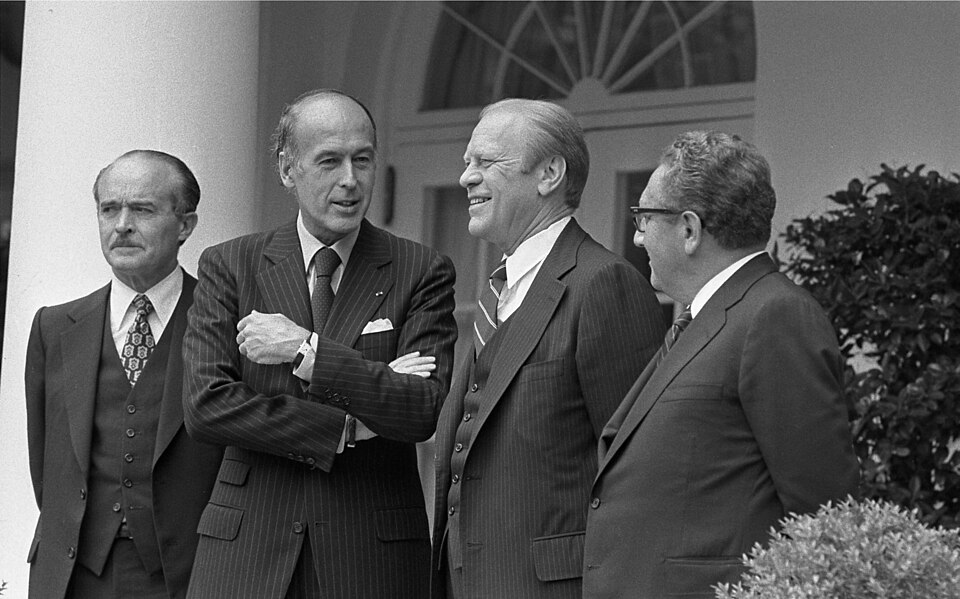Offsets represent one of the main characteristics of international defence trade. This article provides a short description of offset practices in the EU, before discussing their implications in the process of establishing a fair and efficient European Defence Equipment Market. It argues that offsets can be considered as a reaction to barriers impeding the spontaneous emergence of trans-border industrial relations and that the existence of such barriers is the real issue that needs to be addressed.
Offset Policies in Defence Procurement: Lessons for the European Defence Equipment Market
Offsets in International Defence Trade
Offsets represent industrial compensation agreements that arms importing governments impose on their foreign suppliers. Once a contract on the import of defence equipment is concluded, it is made conditional on the acceptance of offset obligations by the foreign contractor. Offset obligations are discharged through different kinds of transactions that may include co-production, subcontracting, licensed production, training, technology transfers, or other investment in the importer’s economy.
This article will review the importance of offsets in international defence trade with a specific focus on offset practices in the European Union. It will argue that offsets are the result of existing imperfections in the functioning of the European Defence Equipment Market (EDEM). It will conclude that the core issues that need to be tackled are existing imperfections impeding the spontaneous emergence of trans-border industrial relations, rather than imposing an across-the-board prohibition of offsets policies and practices.
Il reste 95 % de l'article à lire




_astronaut_Sophie_Adenot_(jsc2025e058846_alt).jpg)



